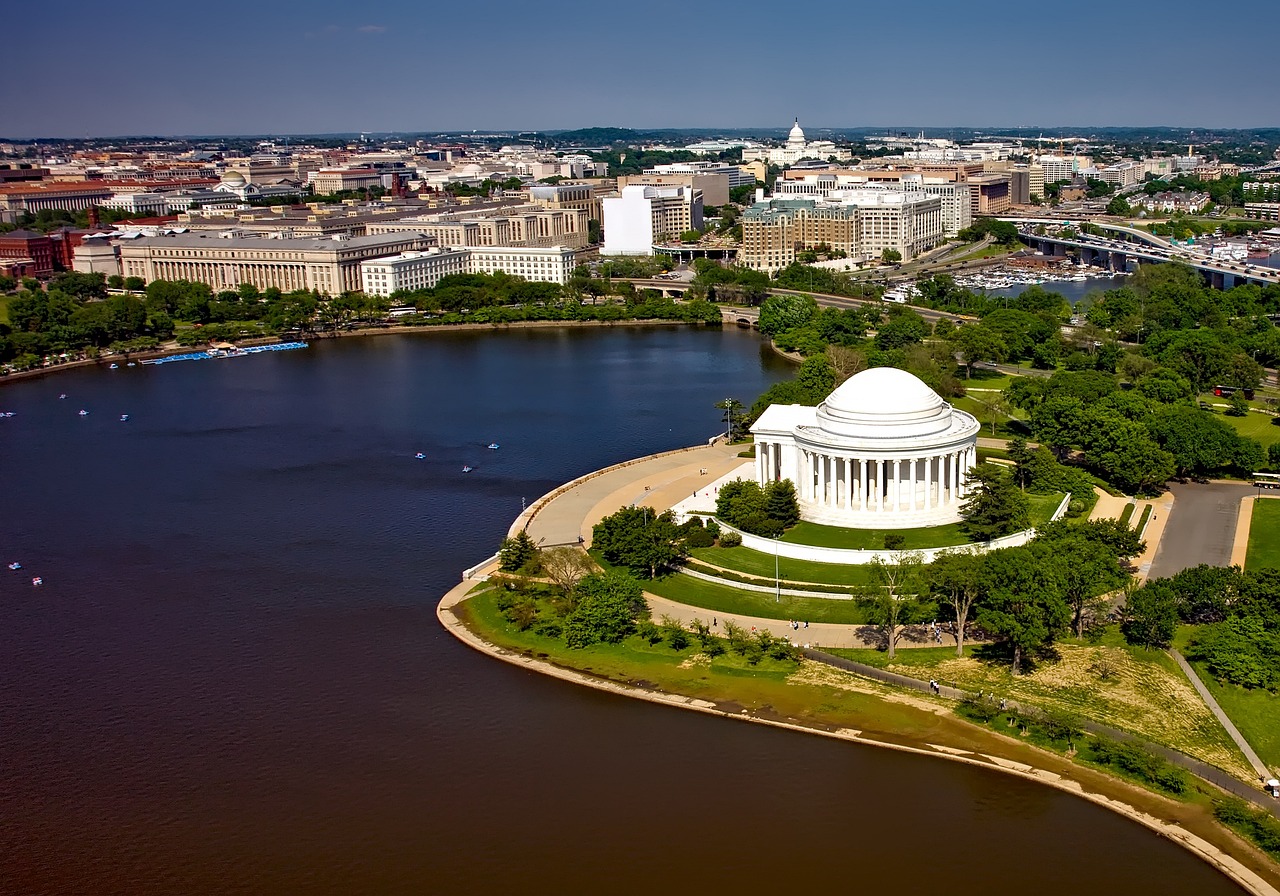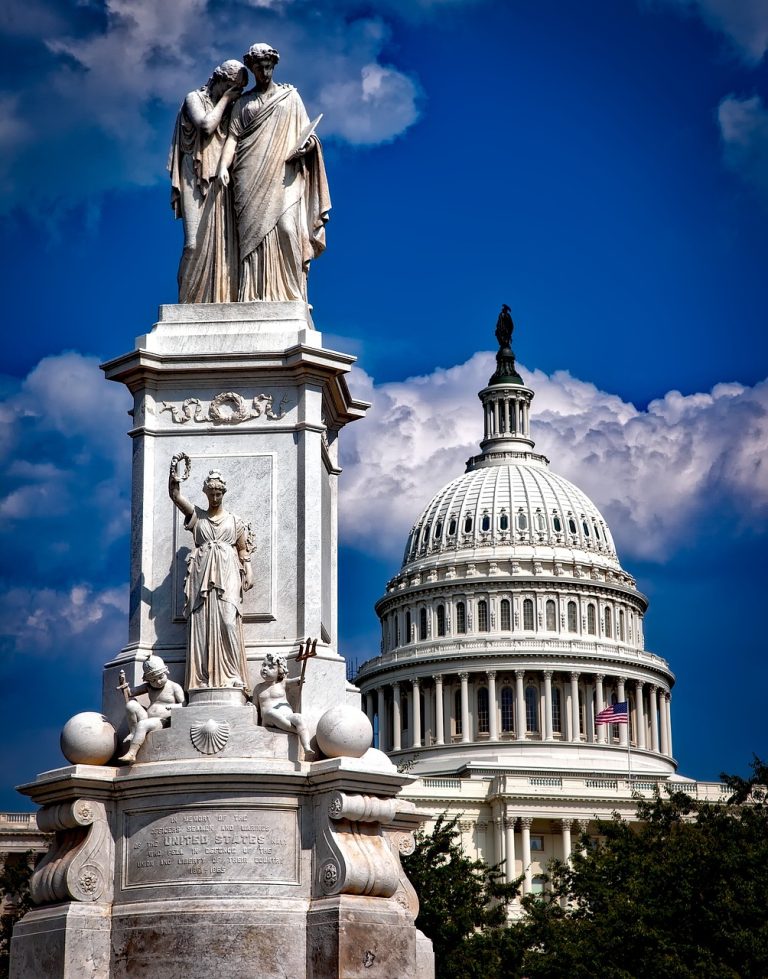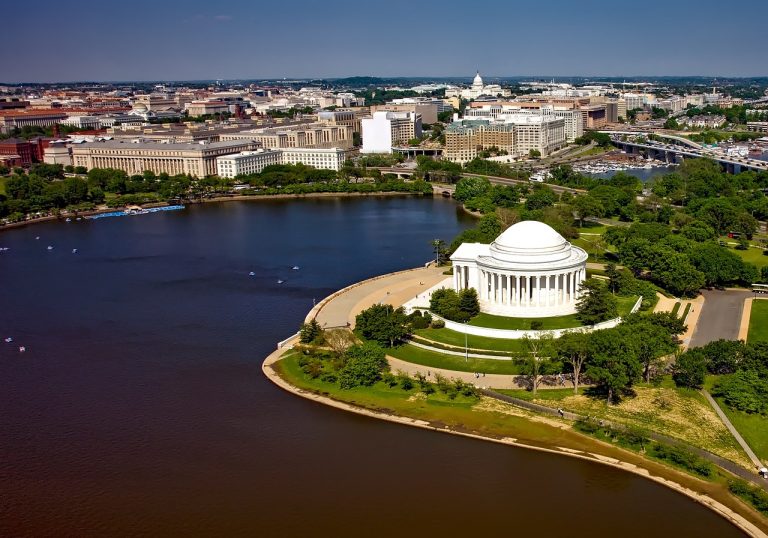Washington D.C. Video
Renting a Car in Washington D.C.: Tips and Tricks
Washington D.C., the capital of the United States, is a bustling city with numerous attractions and landmarks to explore. Renting a car can be a convenient way to navigate the city and its surrounding areas. However, there are several factors to consider when renting a car in Washington D.C. to ensure a smooth and hassle-free experience. In this article, we will provide you with tips and tricks to make the most of your car rental in Washington D.C.
Choosing the Right Rental Car Agency
- Consider renting from well-established agencies: Opt for reputable rental car agencies such as Hertz, Enterprise, Avis, or Budget. These agencies have a wide selection of vehicles and a strong customer support system.
- Compare prices: Use online platforms like Expedia, Kayak, or Rentalcars.com to compare prices from different rental car agencies. Be sure to consider factors such as insurance coverage and additional fees when comparing prices.
- Read reviews: Before making a reservation, read reviews from previous customers to get an idea of the agency’s customer service and the condition of their rental vehicles.
- Check for hidden fees: Take note of any additional fees that may be charged, such as airport surcharges, fuel charges, or fees for additional drivers. Clarify these fees with the rental car agency before finalizing your reservation.
Emphasized Keywords: rental car agencies, compare prices, hidden fees.
Understanding Insurance Coverage
- Check your personal car insurance policy: Review your personal car insurance policy to determine if it covers rental cars. Some policies may provide coverage for rental vehicles, saving you the cost of purchasing additional insurance.
- Consider purchasing additional coverage: If your personal insurance does not cover rental cars or if you prefer additional protection, consider purchasing the rental agency’s collision damage waiver (CDW) or loss damage waiver (LDW). These waivers can protect you from financial liability in case of an accident or damage to the rental car.
- Verify coverage with your credit card company: Some credit card companies offer rental car insurance as a perk for using their card to pay for the rental. Contact your credit card company to understand the extent of coverage provided.
- Document pre-existing damage: Before driving off with the rental car, thoroughly inspect it for any pre-existing damage. Take photos or videos of any scratches, dents, or other issues and inform the rental car agency. This will help avoid any disputes about damage when returning the vehicle.
Emphasized Keywords: insurance coverage, collision damage waiver, pre-existing damage.
Booking in Advance
- Reserve your rental car in advance: To secure the best rates and ensure availability, book your rental car well in advance, especially during peak travel seasons or holidays.
- Consider weekdays for lower rates: If your travel plans are flexible, consider renting a car on weekdays rather than weekends. Rental rates are often lower during weekdays when demand is lower.
- Be aware of cancellation policies: Understand the rental car agency’s cancellation policy before making a reservation. Some agencies may charge a fee for cancellations made within a certain time frame.
- Double-check reservation details: Before confirming your reservation, review the dates, times, and pickup/drop-off locations to ensure accuracy. Mistakes in the reservation details can lead to unnecessary complications.
Emphasized Keywords: booking in advance, weekdays, cancellation policies.
Pickup and Return Procedures
- Follow pickup instructions: When picking up your rental car, carefully follow the instructions provided by the rental car agency. This may include locating a specific counter or meeting point at the airport or rental car facility.
- Have necessary documents ready: Bring your driver’s license, credit card, and any other documents required by the rental car agency. Without these documents, you may not be able to pick up the rental car.
- Inspect the rental car: Before driving away, thoroughly inspect the rental car for any damage or issues. Note any discrepancies on the rental agreement and inform the rental car agency.
- Return the car on time: Adhere to the agreed-upon return time to avoid additional charges. Consider returning the car with a full tank of gas to avoid refueling fees.
Emphasized Keywords: pickup instructions, necessary documents, return on time.

Traffic and Parking Considerations
- Avoid rush hour: Washington D.C. experiences heavy traffic during rush hour. Plan your driving routes and activities accordingly to avoid getting stuck in traffic.
- Utilize parking garages: Street parking can be scarce and expensive in certain areas of Washington D.C. Utilize parking garages or parking lots for convenience and peace of mind.
- Be mindful of parking restrictions: Pay attention to parking signs and regulations to avoid parking tickets or towing. Some areas may have time restrictions or require permits for overnight parking.
- Consider alternative transportation: In highly congested areas, consider using public transportation or rideshare services instead of driving. This can save you from the hassle of finding parking and dealing with traffic.
Emphasized Keywords: rush hour, parking garages, parking restrictions.

Exploring Beyond Washington D.C.
- Visit nearby attractions: With a rental car, you have the flexibility to explore attractions outside of Washington D.C., such as Mount Vernon, Arlington National Cemetery, or Great Falls Park.
- Plan day trips: Take advantage of your rental car to plan day trips to nearby cities like Baltimore or Annapolis. Research attractions and plan your itinerary in advance for a smooth journey.
- Consider toll roads: Some areas around Washington D.C. have toll roads. Familiarize yourself with the toll road system and have cash or an electronic toll pass ready if needed.
- Check parking availability: Before visiting popular attractions, check if there are parking facilities nearby. Some attractions may have limited parking or offer shuttle services from designated parking areas.
Emphasized Keywords: nearby attractions, day trips, toll roads.
Dealing with Emergencies and Accidents
- Know emergency contact numbers: Familiarize yourself with emergency contact numbers, such as the local police department and the rental car agency’s emergency assistance line.
- Follow local traffic laws: Observe and adhere to local traffic laws to avoid accidents or traffic violations. Familiarize yourself with any specific regulations in Washington D.C., such as speed limits and parking restrictions.
- Report accidents promptly: In case of an accident, report it to the local authorities and the rental car agency immediately. Follow their instructions and cooperate fully.
- Keep important documents accessible: Keep a copy of your rental agreement, insurance documents, and contact information for the rental car agency easily accessible in case of emergencies.
Emphasized Keywords: emergency contact numbers, local traffic laws, report accidents.

Conclusion
Renting a car in Washington D.C. can enhance your exploration of the city and its surroundings. By choosing the right rental car agency, understanding insurance coverage, booking in advance, following pickup and return procedures, considering traffic and parking, exploring beyond the city, and knowing how to handle emergencies, you can have a smooth and enjoyable experience. Remember to plan ahead, familiarize yourself with local regulations, and prioritize safety on the roads. Enjoy your trip to Washington D.C. and happy driving!
References
- Expedia – www.expedia.com
- Kayak – www.kayak.com
- Rentalcars.com – www.rentalcars.com







